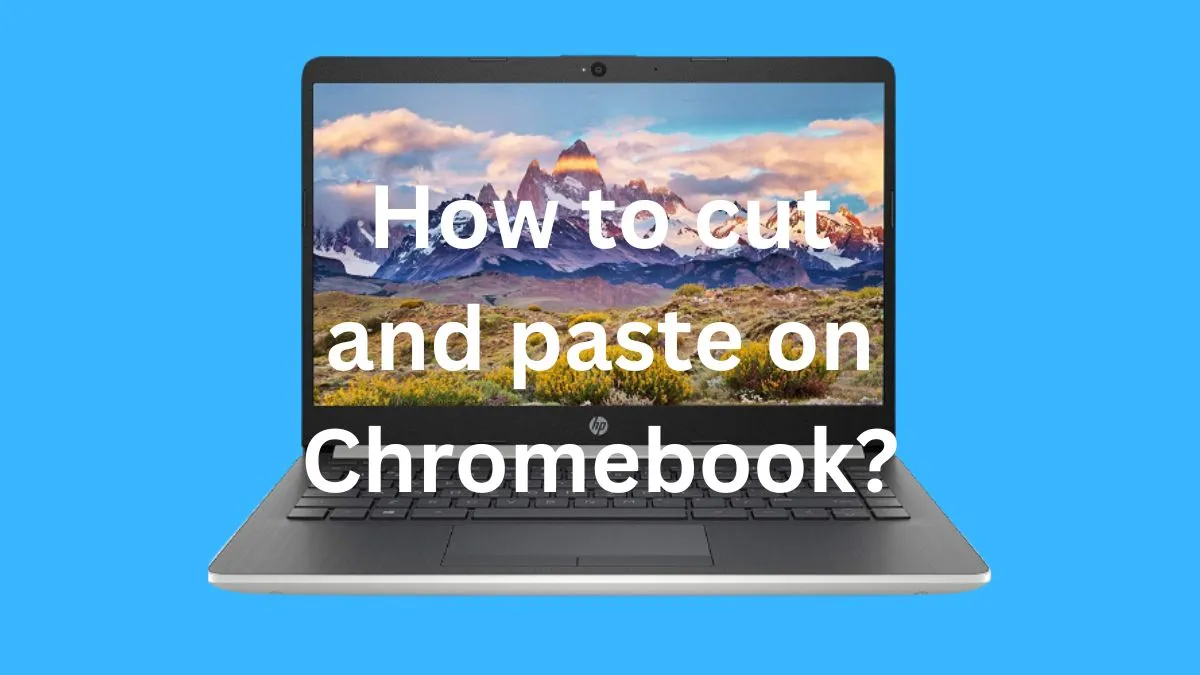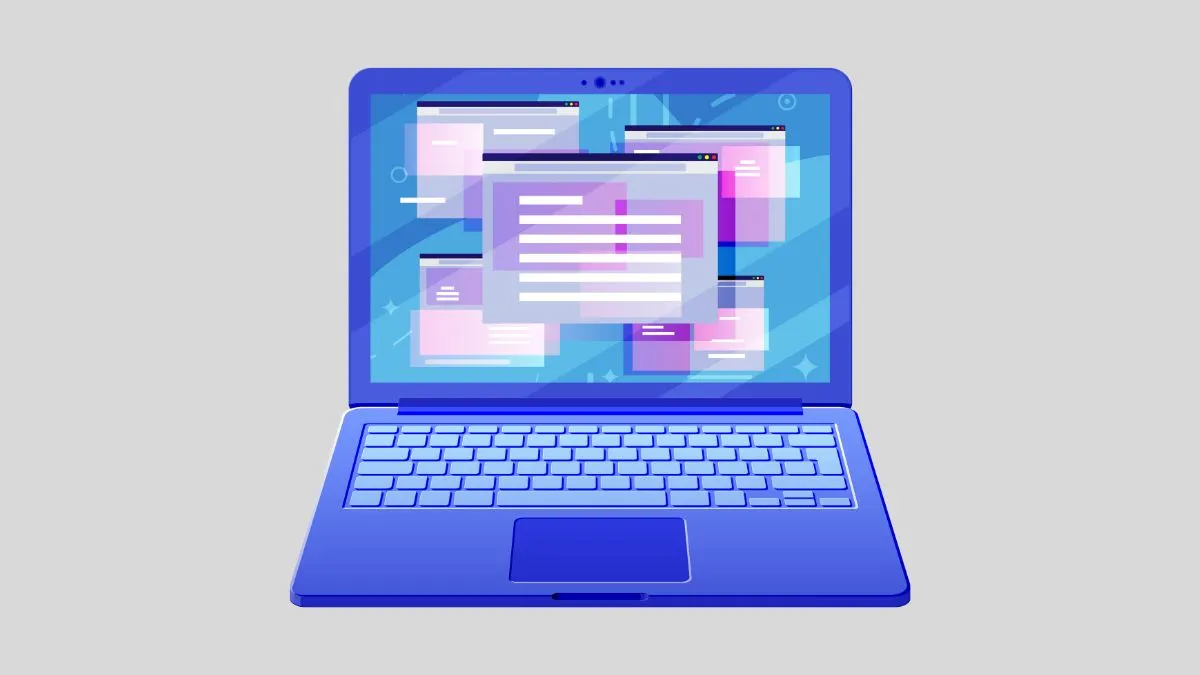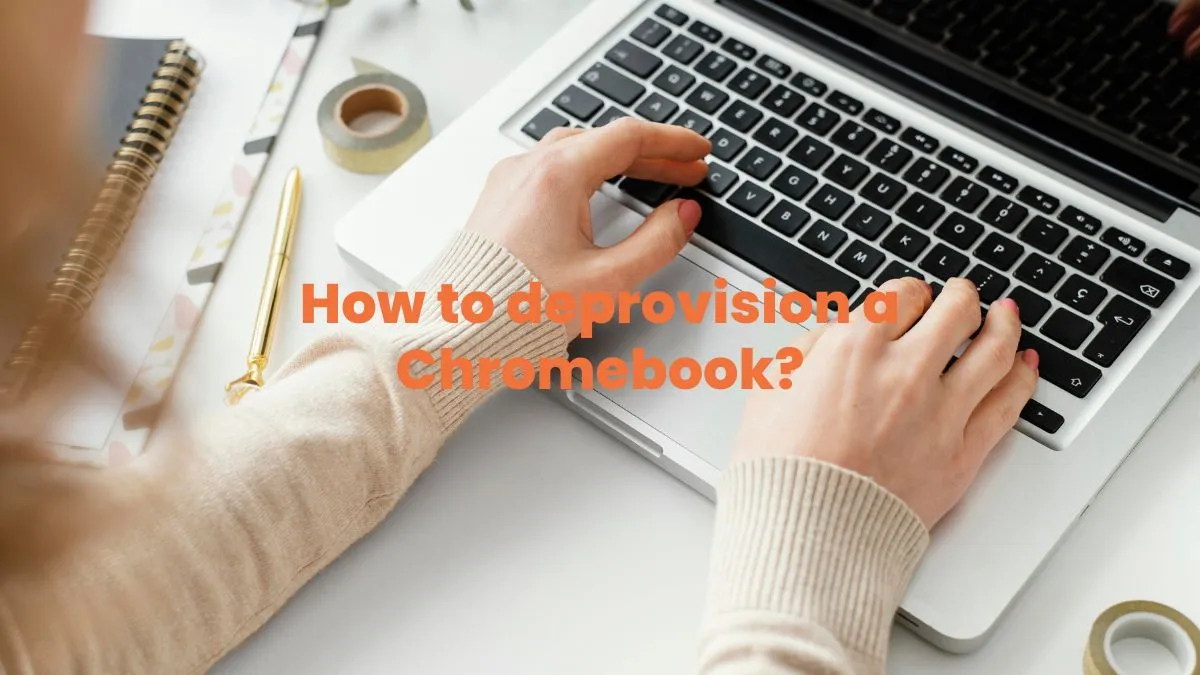Chromebooks are becoming an increasingly popular choice for users looking for an affordable and efficient laptop. With their cloud-based design and a focus on simplicity, they can be used by everyone from the tech-savvy to those just getting started with computers.
However, one feature that Chromebooks offer is the ability to add extensions.
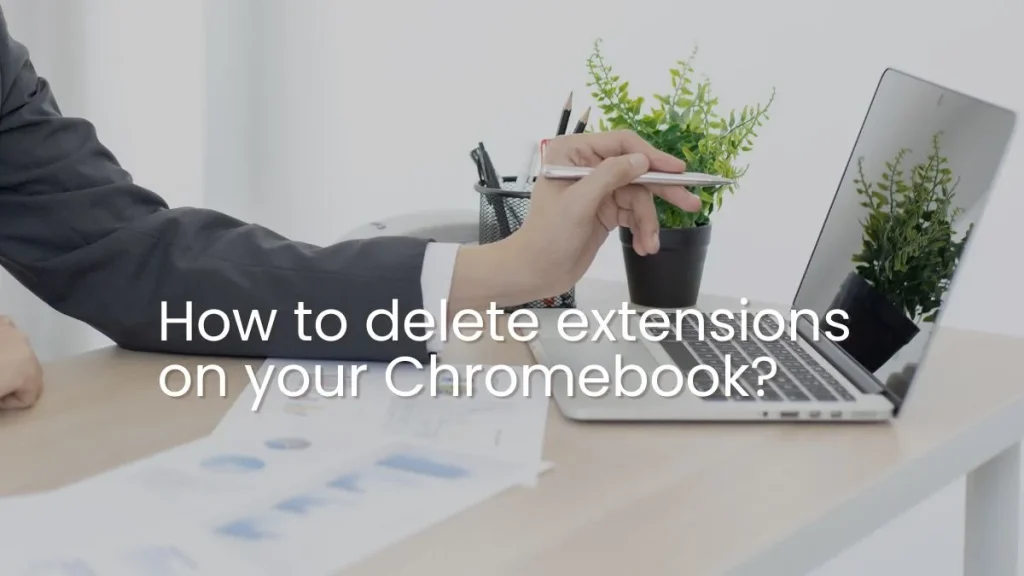
Extensions are small programs that you can install to customize your browser experience, but if you don’t use them correctly or have too many installed, they can start to drag down your computer’s performance.
That is why it’s important to know how to delete extensions on your Chromebook if you decide that you don’t need them anymore.
Why You Should Consider Deleting extensions on your Chromebook?
1. Extensions can take up valuable storage space on your computer, reducing the amount of room you have for other important things such as movies, music, and photos.
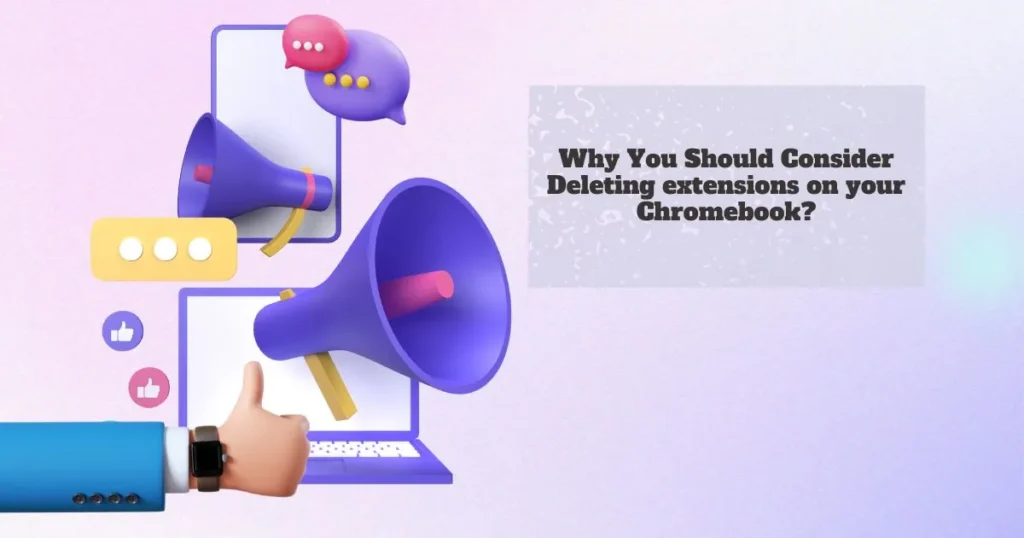
2. Some extensions might be gathering information from your browser that you would prefer to keep private.
3. Free extensions are often supported by advertisements which can slow down your browser and be annoying.
4. Extensions can also conflict with each other, causing unexpected errors or crashes.
What Kind of Extensions You Should Delete From Your Chrome Browser?
When deciding which extensions to delete from your Chromebook, there are a few things to consider.
First off, consider whether the extension is really necessary. If you find that an extension isn’t providing a service that you need, then it’s probably safe to delete it and free up space on your device.
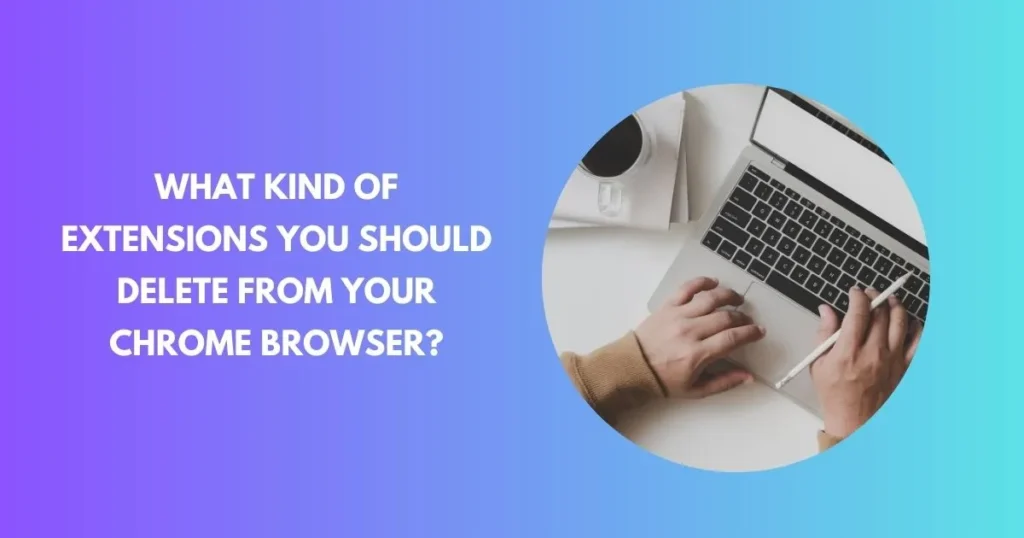
Secondly, look at how often you use the extension. If you rarely use it or have forgotten about it completely, then chances are you don’t really need it installed on your Chromebook.
Lastly, consider whether the extension is out of date or has any known security issues.
Old extensions can cause problems with your browser so if there’s an update available, make sure to install it before deleting the old version.
How to Access the Extensions Page on Your Chromebook?
The first step in knowing how to delete extensions on your Chromebook is being able to access the extensions page.
To do this, click the three dots in the upper right corner of your browser and then select “More Tools” from the menu.
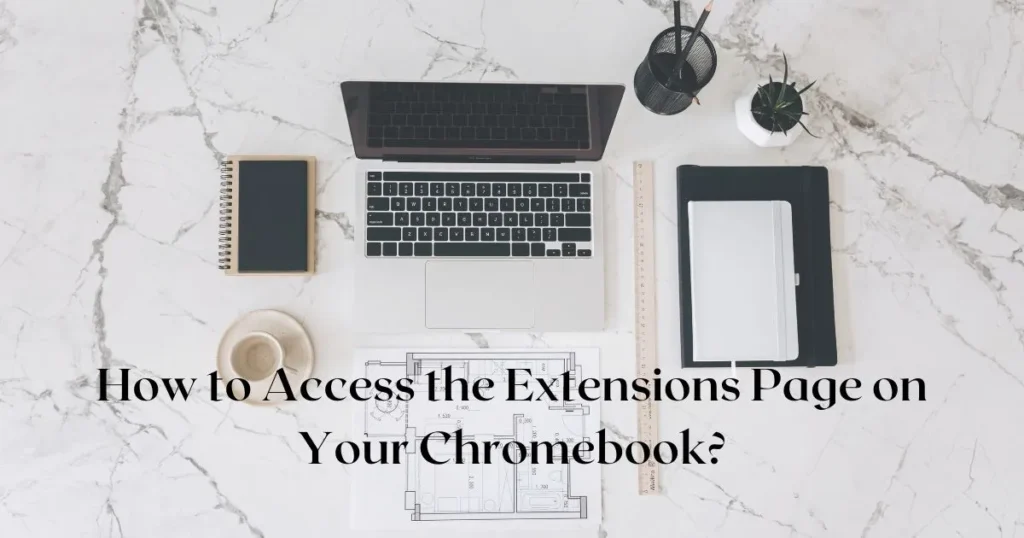
From here, you will see a list of options that includes “Extensions” – click on this to open up the page where all your installed extensions are listed.
How to Disable or delete Unwanted Extensions?
Once you have accessed the Extensions page, it is easy to disable or remove any unwanted extensions.
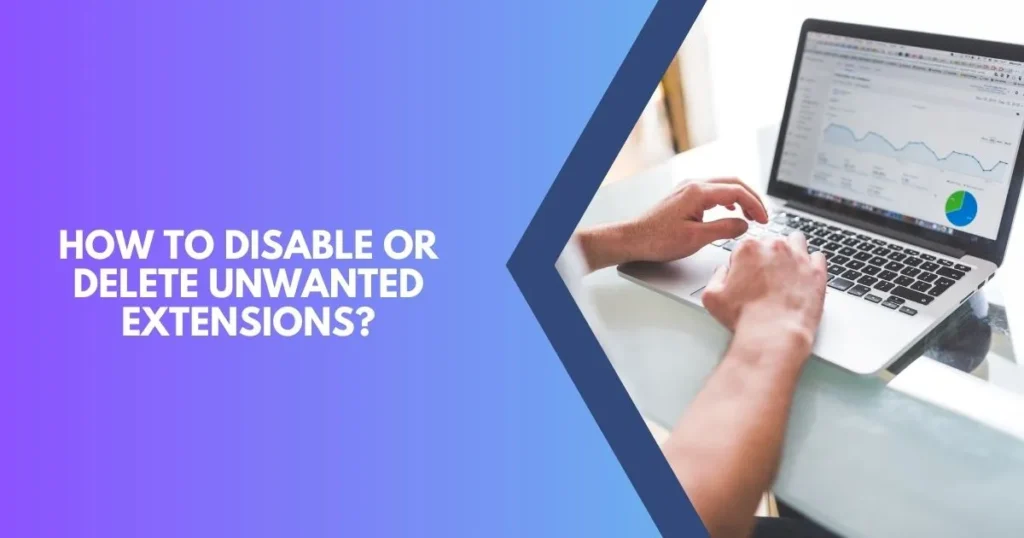
Next to each extension there should be an icon with either two sliders or an X – click on this icon and then select “Disable” or “Remove” depending on what action you would like to take.
Once you have done this, the extension should no longer be active on your Chromebook and will free up space for other programs.
What Are the Benefits of Uninstalling Chrome Extensions?
Uninstalling Chrome extensions can help to speed up your computer’s performance and make sure that it is running optimally.
As mentioned above, if you have too many extensions installed or if they are out of date then this can bog down your browser so by deleting any unnecessary ones you can ensure that everything runs smoothly.
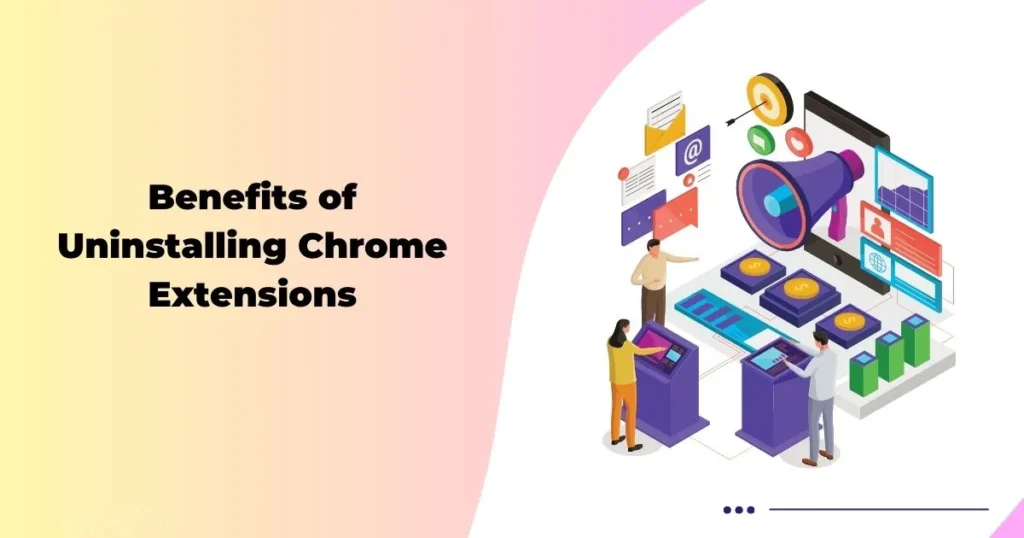
Additionally, uninstalling outdated or insecure extensions means that your data and personal information will remain secure while browsing online.
Tips to Help You Maintain a Clean and Organized Chrome Browser:
Once you know how to delete extensions on your Chromebook, it is important to keep your browser organized and free of any unnecessary extensions. Here are some tips that can help you do this:
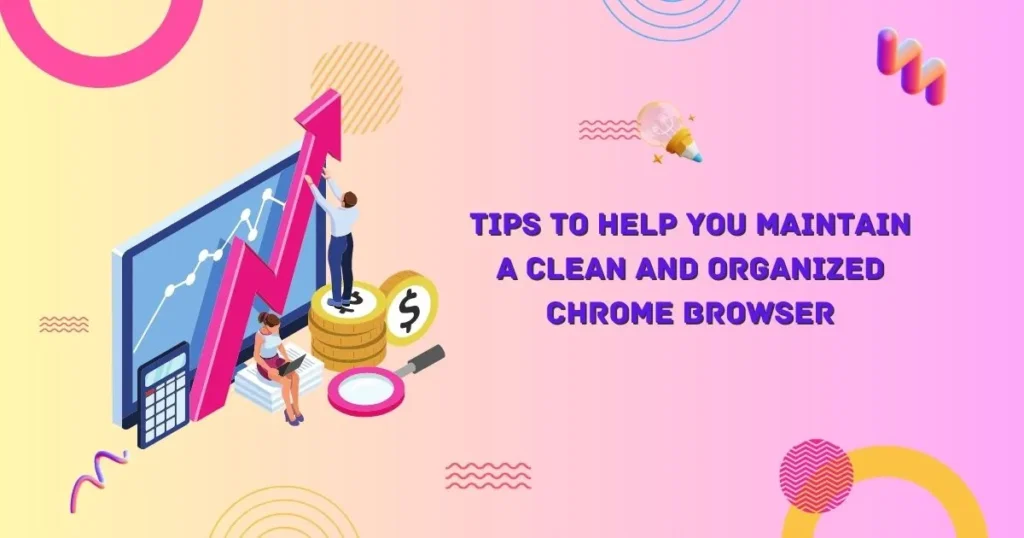
- Regularly check for updates on the Extensions page and install them if available.
- Uninstall any extension that you no longer use or have forgotten about.
- Only install necessary extensions so as not to clutter up the browser.
- Be aware of any potential security risks associated with installed extensions.
- Make sure to check the source of any extension before installing it.
FAQs
Why can’t I see my extensions in Chrome?
If you cannot see your extensions in Chrome, first check to make sure that they are enabled. If they still do not appear, then try reinstalling them or checking for updates on the Extensions page.
How do I know if an extension is safe to install?
When installing an extension, always look at reviews and ratings from other users and make sure that the publisher is reputable. Additionally, look for any warnings about security risks associated with the extension.
Do browser extensions track you?
Some extensions are designed to track your data and browsing habits, so it is important to read the permission page of any extension before installing it. It will show what information the extension will be able to collect from you.
How can I tell if an extension is causing problems?
If an extension is causing your browser to crash or experience other issues, then try disabling or uninstalling it and see if this resolves the problem.
Can a Chrome extension steal passwords?
Yes, in some cases a maliciously programmed extension can steal passwords or other sensitive information.
When installing an extension, always check for reviews and ratings from other users to make sure that it is safe. Additionally, only install extensions from reputable sources.
Why you should never save passwords on Chrome?
Saving passwords to Chrome can be convenient, however it is not recommended as this data is stored in plain text and could potentially be accessed by anyone who has access to your computer. It is better to use a secure password manager instead.
Conclusion
Uninstalling Chrome extensions can help to speed up your computer and make sure that it is running optimally.
Additionally, deleting any unnecessary or outdated extensions will also help to increase security on your device.
It is important to check for updates on the Extensions page regularly and only download from reputable sources.
Finally, consider using a secure password manager instead of saving passwords directly to Chrome. Following these tips will help you to maintain a clean and organized browser.
